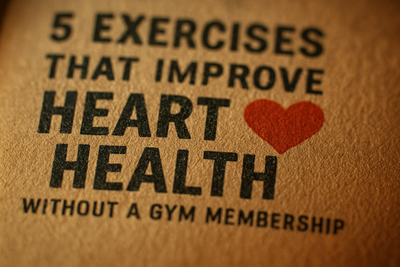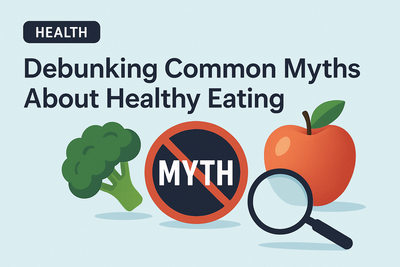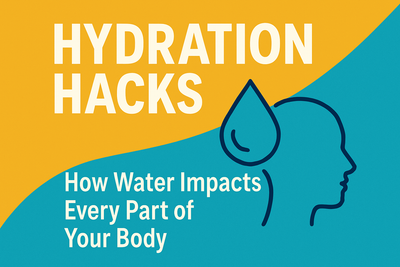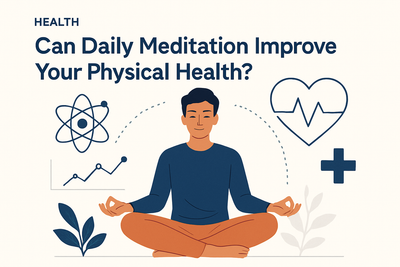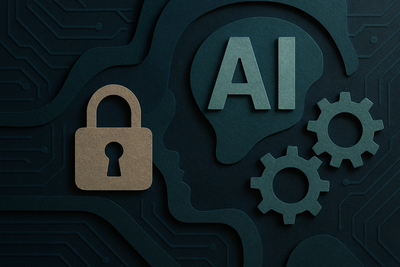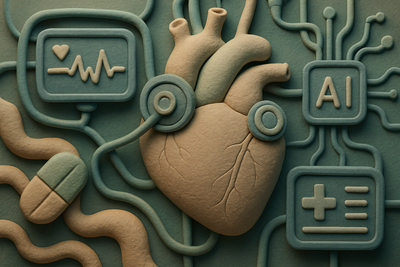How Digital Health Tools Are Revolutionizing Personal Wellness
Introduction
In the age of smartphones and smartwatches, personal wellness is no longer confined to doctor's visits and gym memberships. Thanks to the rise of digital health tools, individuals now have unprecedented access to monitor, manage, and improve their health in real time. From mobile apps that track nutrition to wearable devices that monitor heart rate and sleep patterns, digital health technology is reshaping how we think about our well-being.
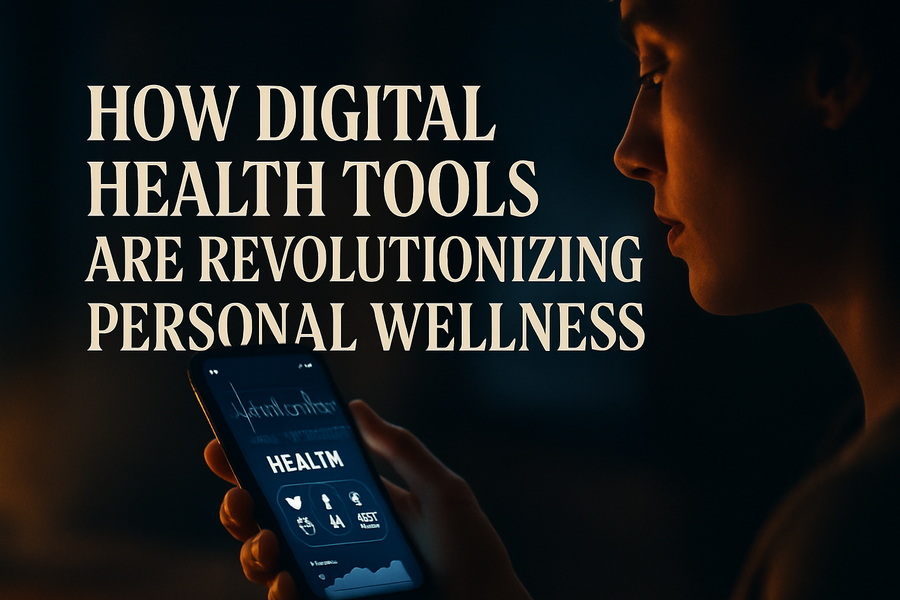
Personalized Wellness Through Wearables
Wearable technology like fitness trackers and smartwatches has become a staple in many people’s daily routines. Devices from brands like Fitbit, Apple, and Garmin deliver real-time data on a variety of health metrics including:
- Steps and physical activity
- Heart rate monitoring
- Sleep quality and duration
- Calorie burn estimation
These insights empower users to set fitness goals, track progress, and make informed lifestyle changes—all from their wrist.
Mobile Apps for Mental and Physical Health
Beyond wearables, mobile applications are playing a crucial role in supporting both mental and physical health. There’s an app for nearly every aspect of wellness:
- Meditation and mindfulness: Apps like Headspace and Calm help reduce stress and improve mental clarity.
- Nutrition and diet tracking: MyFitnessPal and Noom allow users to log meals, track macros, and stay accountable.
- Virtual fitness coaching: Platforms like Peloton and Nike Training Club offer guided workouts tailored to individual goals.
These tools create a more accessible and customizable approach to health management, removing barriers like time, location, and cost.
Remote Health Monitoring and Telehealth
Digital health tools also include remote patient monitoring devices and telemedicine platforms that allow users to consult with healthcare providers without stepping into a clinic. This has been especially valuable during times when in-person visits are impractical or unsafe.
With devices that can measure blood pressure, glucose levels, and oxygen saturation from home, patients with chronic conditions can share vital information with their doctors instantly. Telehealth platforms ensure timely consultations, medication adjustments, and continuous care, all from the comfort of home.
Data-Driven Insights and Preventive Care
One of the most powerful aspects of digital health tools is their ability to collect and analyze large amounts of health data. Over time, this data can reveal patterns that help users and healthcare providers take proactive steps to prevent illness or manage it more effectively.
For example:
- Continuous glucose monitors (CGMs) can alert diabetics to dangerous trends.
- Sleep trackers can highlight habits leading to insomnia or fatigue.
- Fitness platforms can detect when performance is plateauing or declining.
These insights shift the focus from reactive to preventive care—helping people stay healthier, longer.
Conclusion
Digital health tools are not just a trend; they are a transformative force in how we approach personal wellness. By putting powerful technology in our hands—and on our wrists—they provide a personalized, convenient, and data-driven path to better health. Whether you’re managing a chronic condition, seeking to improve mental health, or simply optimizing your fitness routine, digital health innovations offer the support and insight needed to achieve your wellness goals.
As these technologies continue to evolve, the future of personal wellness looks smarter, more connected, and more empowering than ever before.

